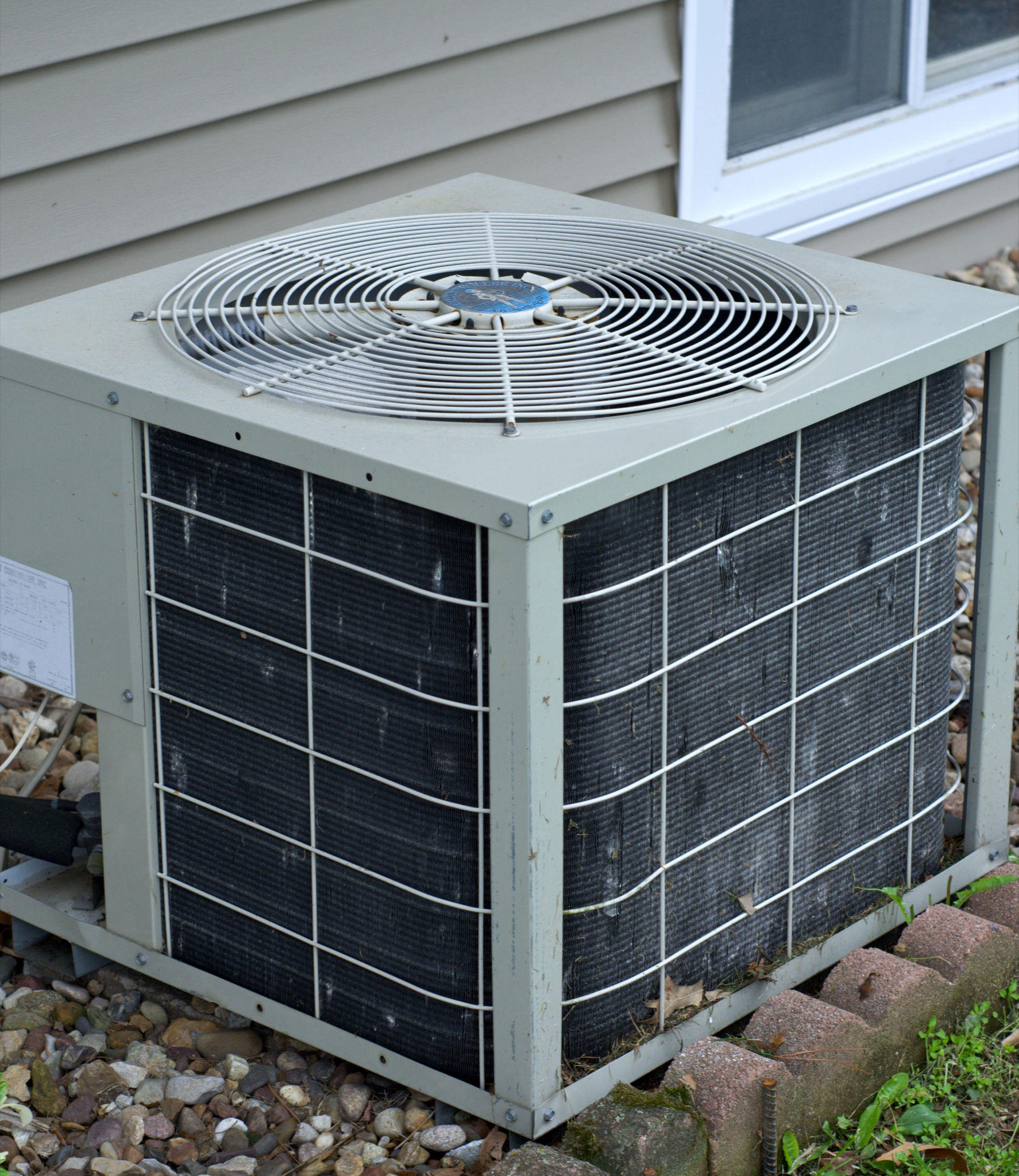
In 2017, power outages impacted 36.7 million people, and the numbers are increasing every year. This makes having a generator as a backup during a power outage more necessary than ever.
Not everyone knows how to use a portable generator, though. It may seem straightforward, but you need to be careful about several factors.
If you’re new to using a generator, here are 5 generator safety tips you need to know.
- Read the Manufacturer Manual
A good starting point in knowing how to use a generator safely is to read the manufacturer’s manual. Since generators are all unique, this is an important step in understanding the specific details of your model.
If you’ve lost the manual, check online or get in touch with the manufacturer.
- Choose the Right Location
The next key point in generator safety is knowing where to position the generator.
Generators produce carbon monoxide (CO), and if the levels build up, they can become toxic. For this reason, never operate the generator inside, including in garages or basements. You should also keep them away from vents, windows, or doors, so the CO doesn’t get inside.
The next question is, how far away from the house does a generator need to be? To be safe, keep it at least 25 feet away, though check the manufacturer’s instructions to see if they recommend a greater distance.
Additionally, you should keep the generator ventilated, but be sure that the vents are directed away from your home or those of your neighbors.
- Avoid Wet Conditions
Since generators create electrical currents, operating them in wet conditions increases the chance of electrocution. To avoid this, don’t operate the generator where it will get wet.
This is more difficult if your power outage is due to rain, but it’s not impossible. You can find tents or tarps for generators that will keep them dry and ventilated.
You should also place something beneath the generator to prevent puddles from forming underneath.
- Fuel Safety
In thinking about how to use a generator during a power outage, fuel is a major component.
Since the fuel is flammable, be sure to turn off your generator and give it time to cool off before you attempt to refuel. Never try to refuel while it’s still running.
Your extra fuel should be kept in approved containers and away from your house. The fuel should also be as fresh as possible, so you should consider a fuel stabilizer, or replacing the fuel if it hasn’t been for very long.
While many portable generators run on gasoline, you can also consider diesel generators like the Kruger Diesel Generator. Both have their pros and cons, so evaluate what’s best for your situation, and keep the right type of fuel on-hand.
- Be Careful with Plugs
Finally, you need to make sure that you’re set up to avoid any electrical problems.
Generators should never be plugged into a wall outlet since this can create “back feed” power into the lines. Instead, consider getting a transfer switch, and work with an electrician as needed to get it set up correctly.
As for connecting applications into the generator, it’s best to plug them indirectly. If you must use an extension cord, be sure it’s rated for the wattage of the appliances and is in good condition.
Now You Know Generator Safety Tips
Now that you know important generator safety tips, you can find the best one for your needs. You can also feel confident that during your next power outage, you can operate is safely to protect your home and family.
Looking for more tips for your home? Check out our blog under the Home category.








